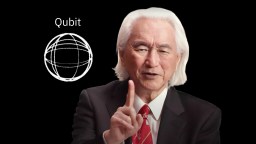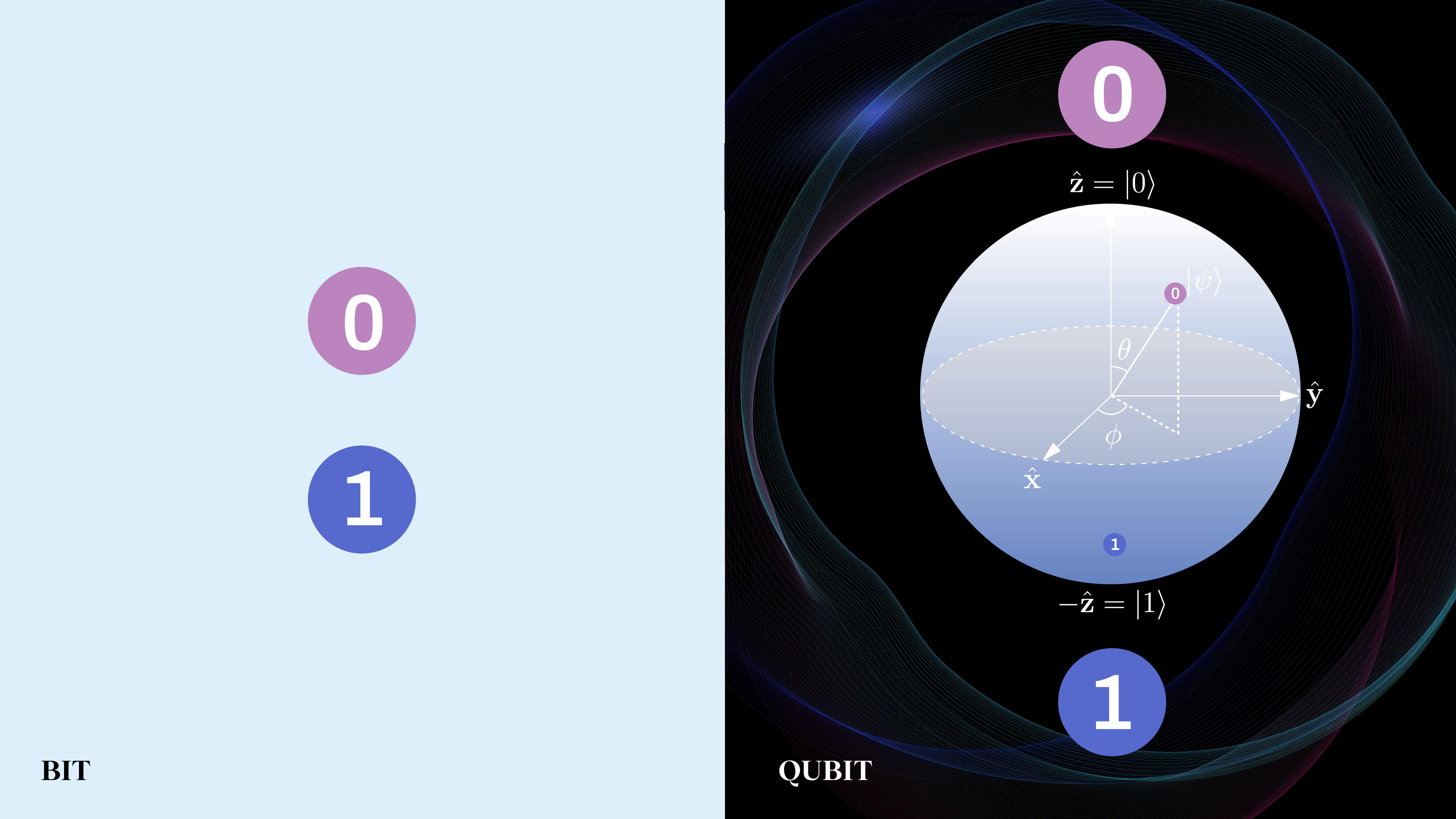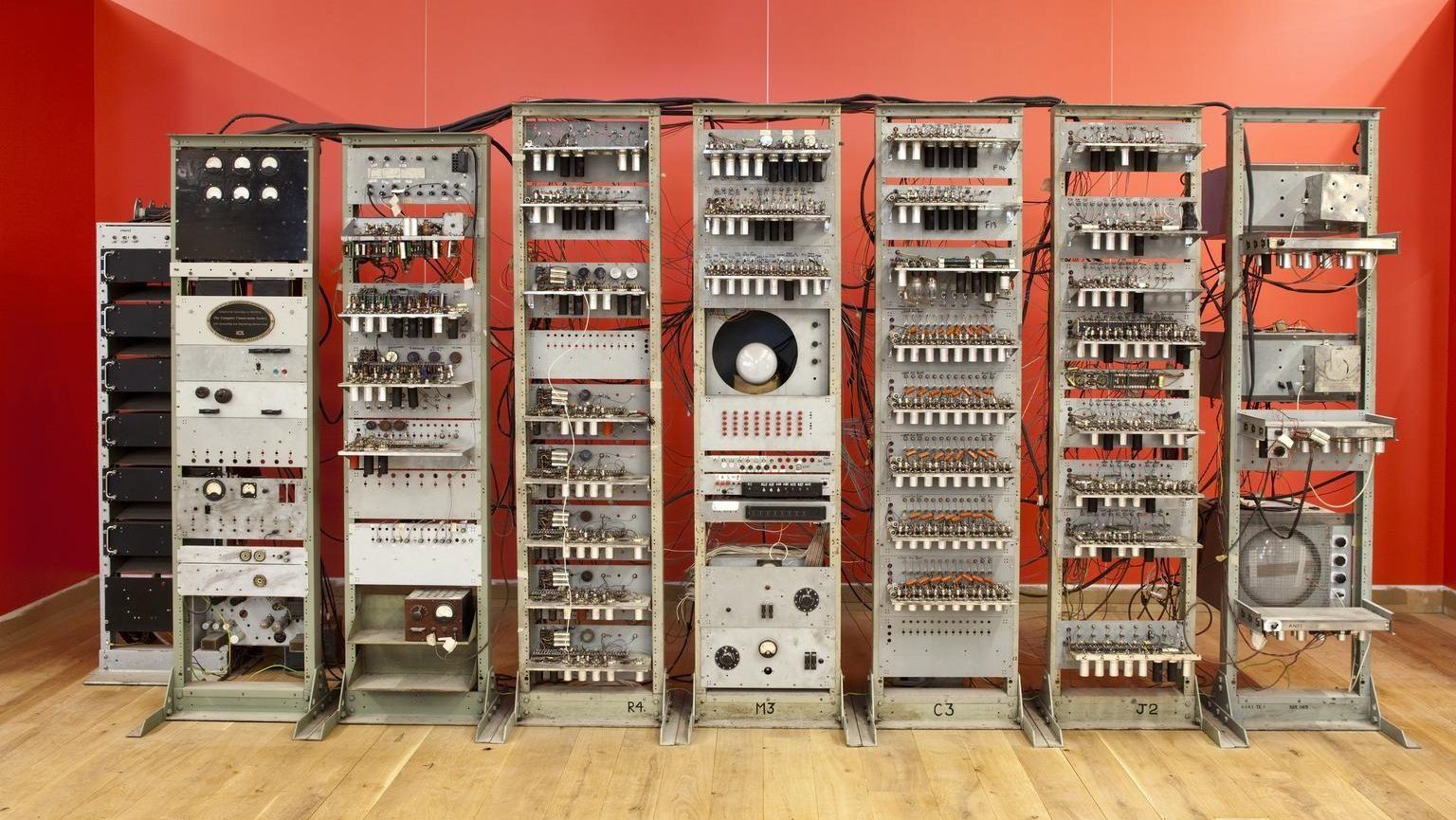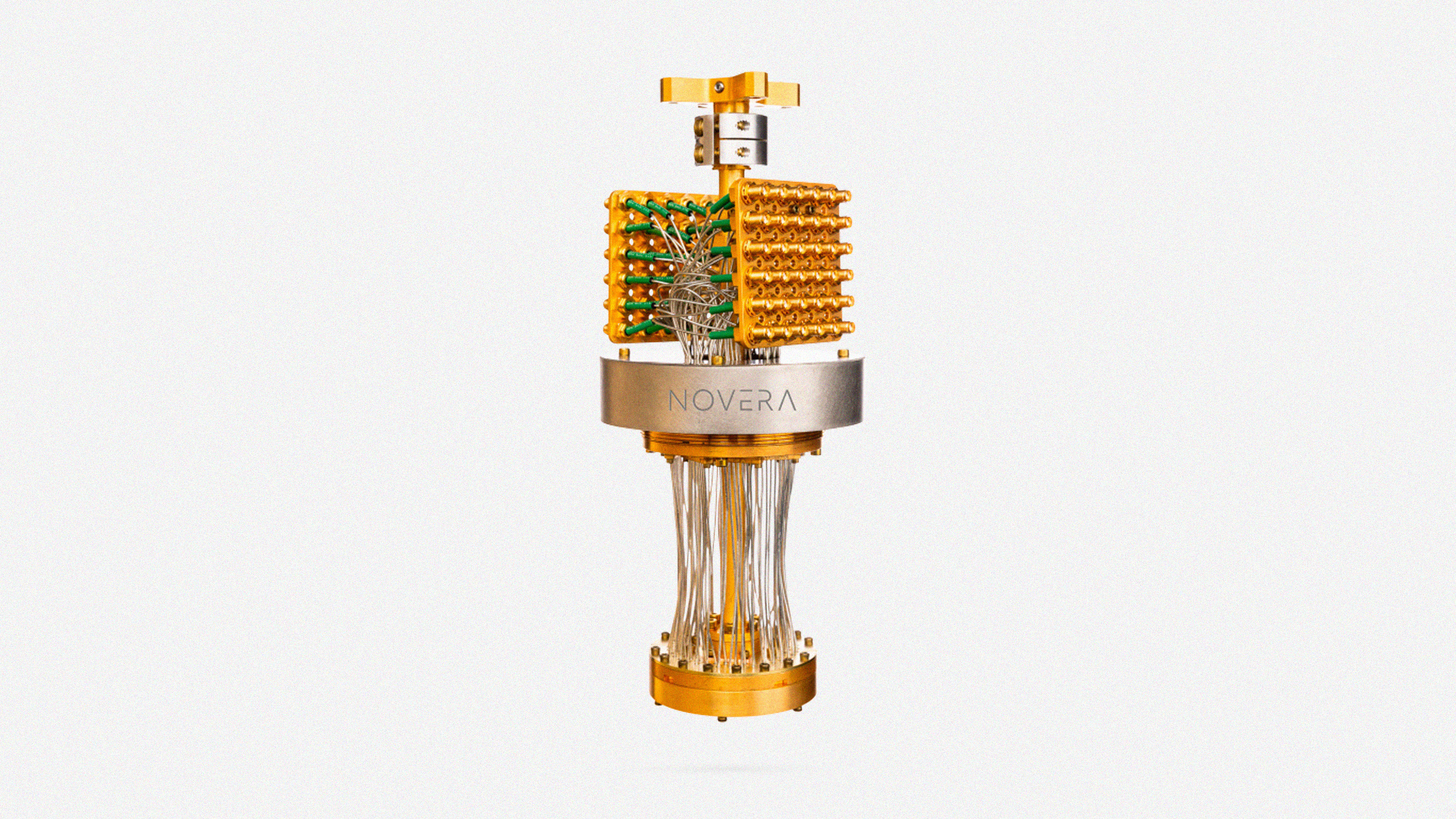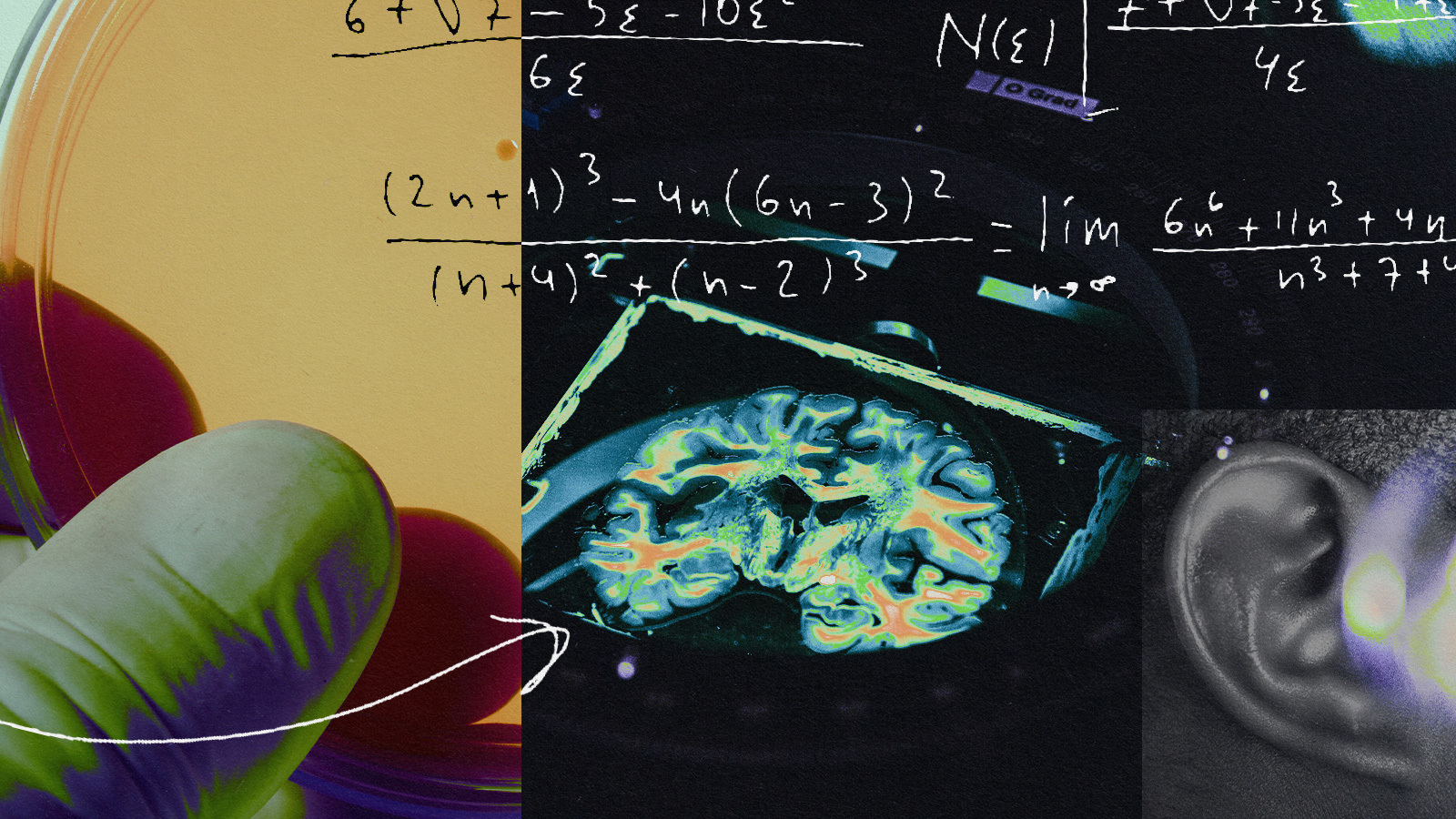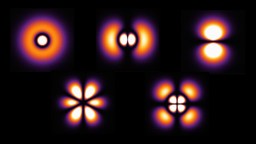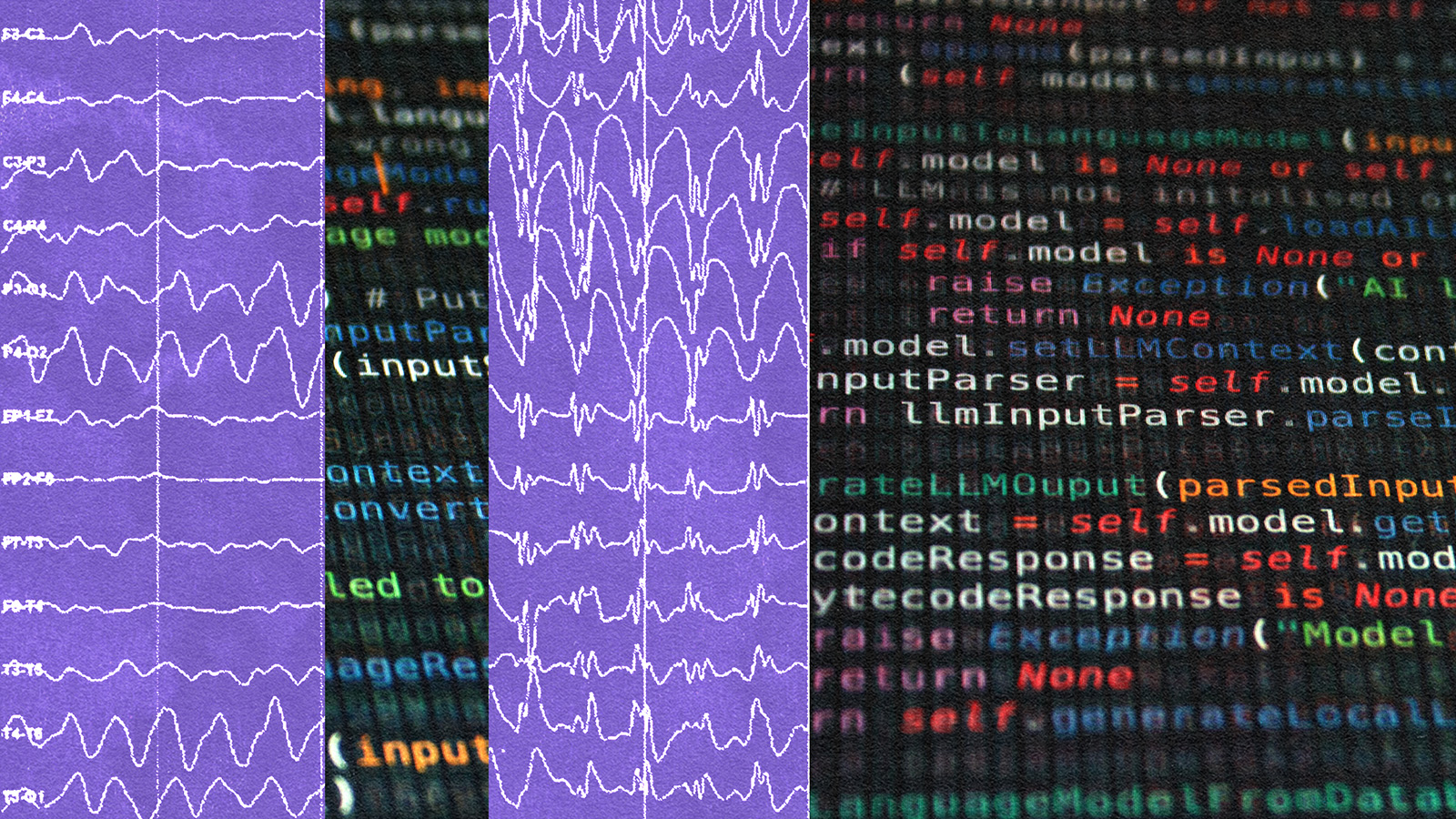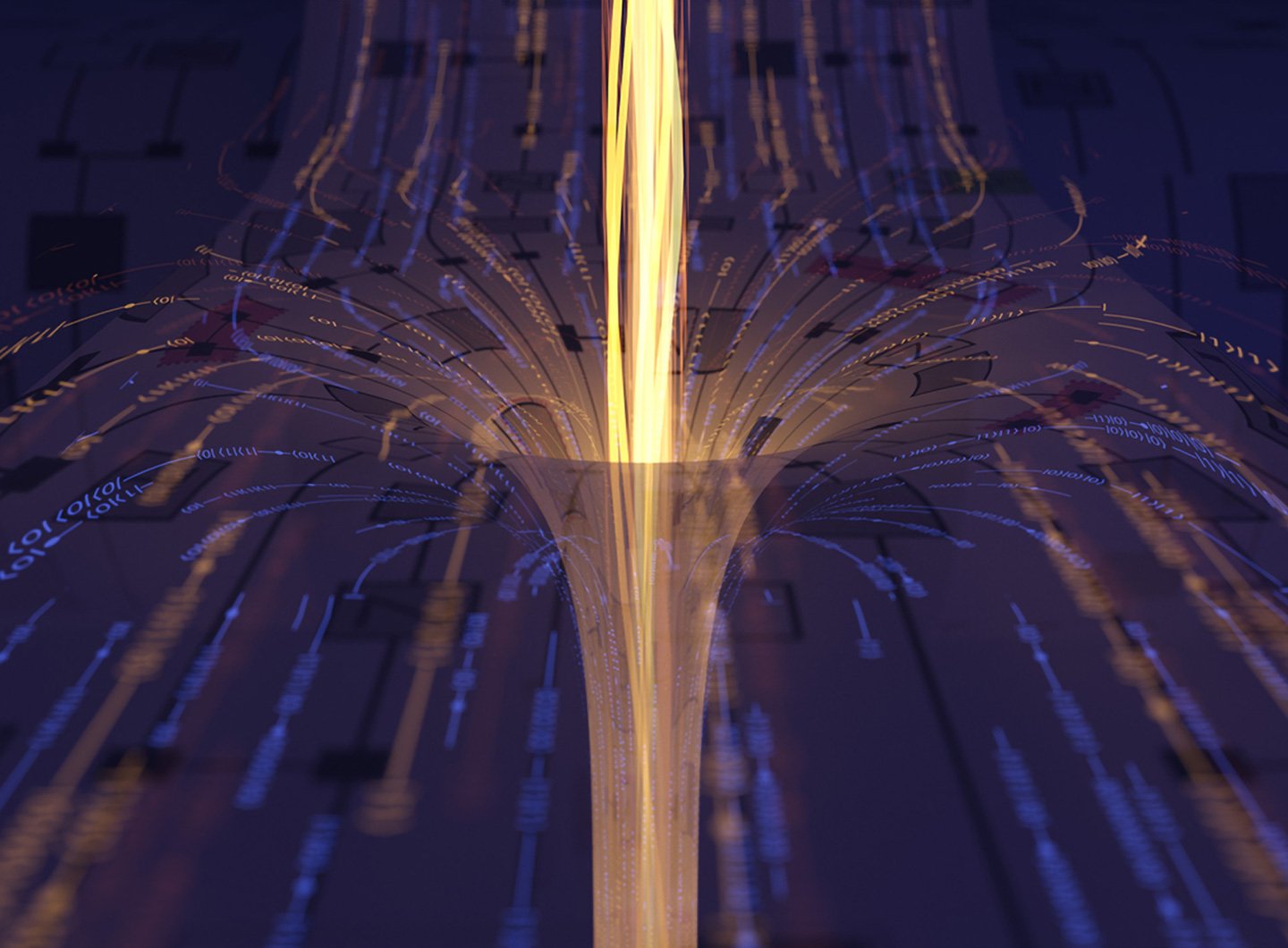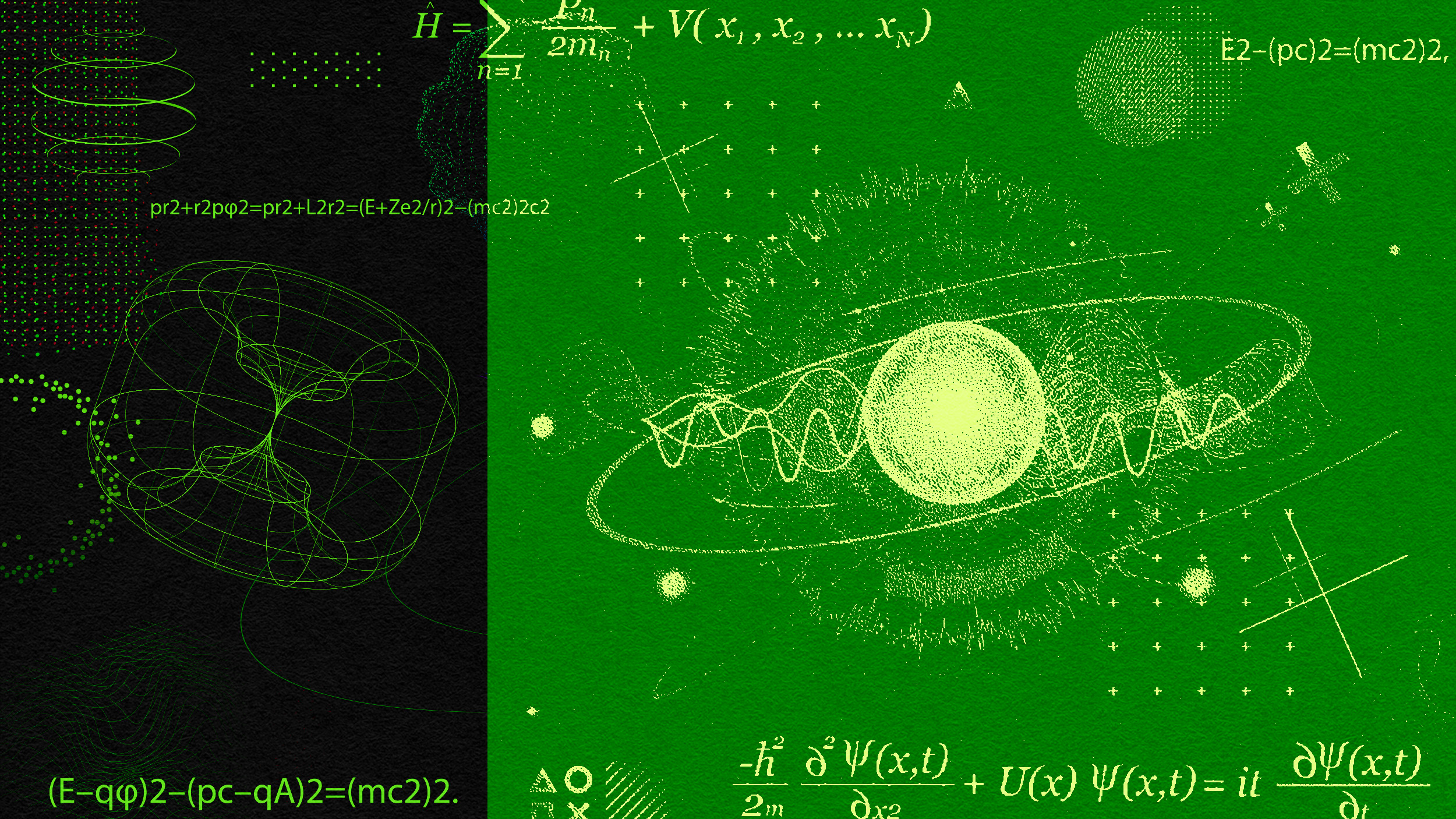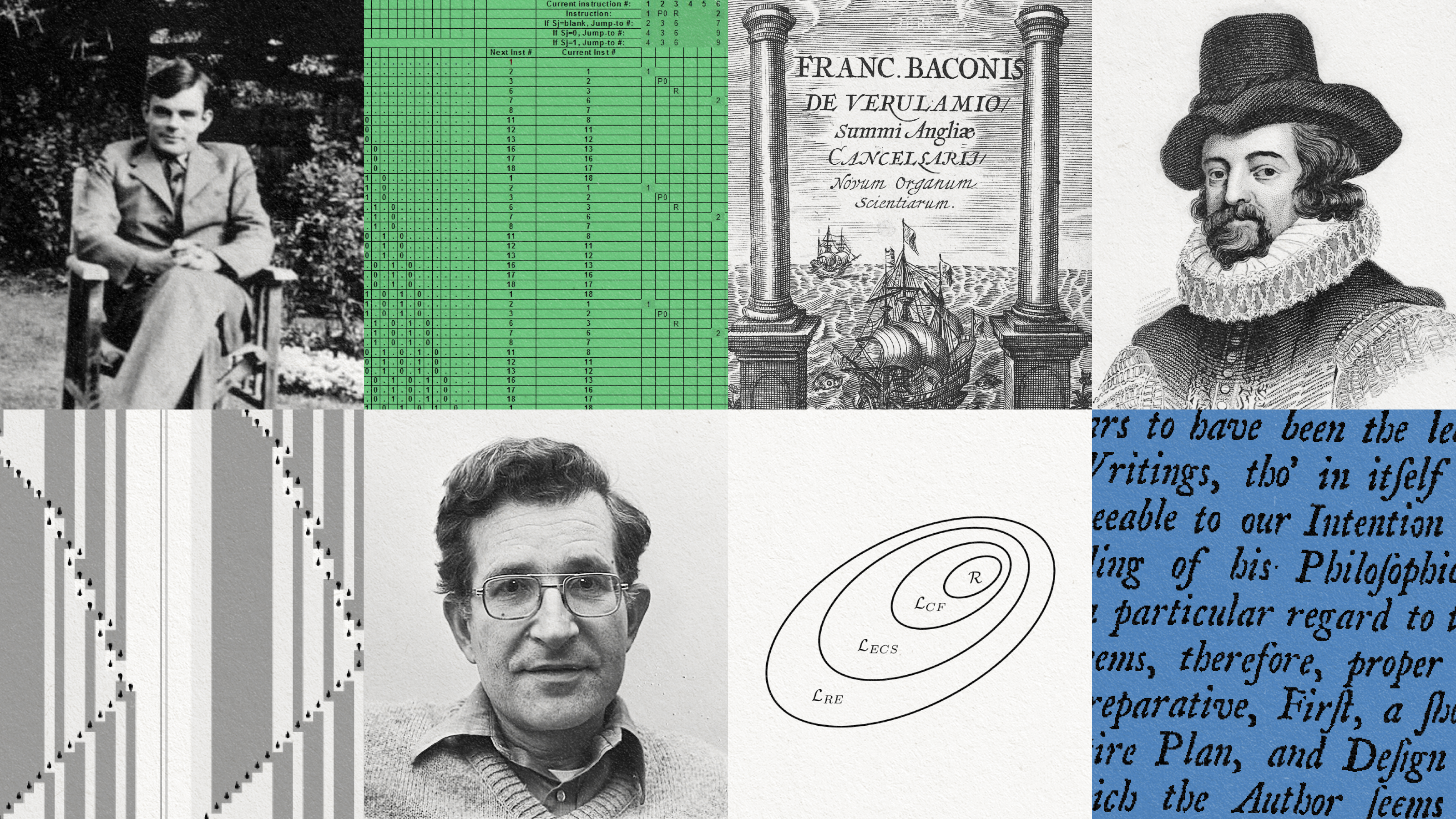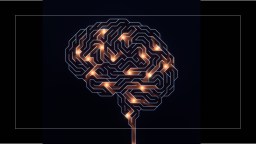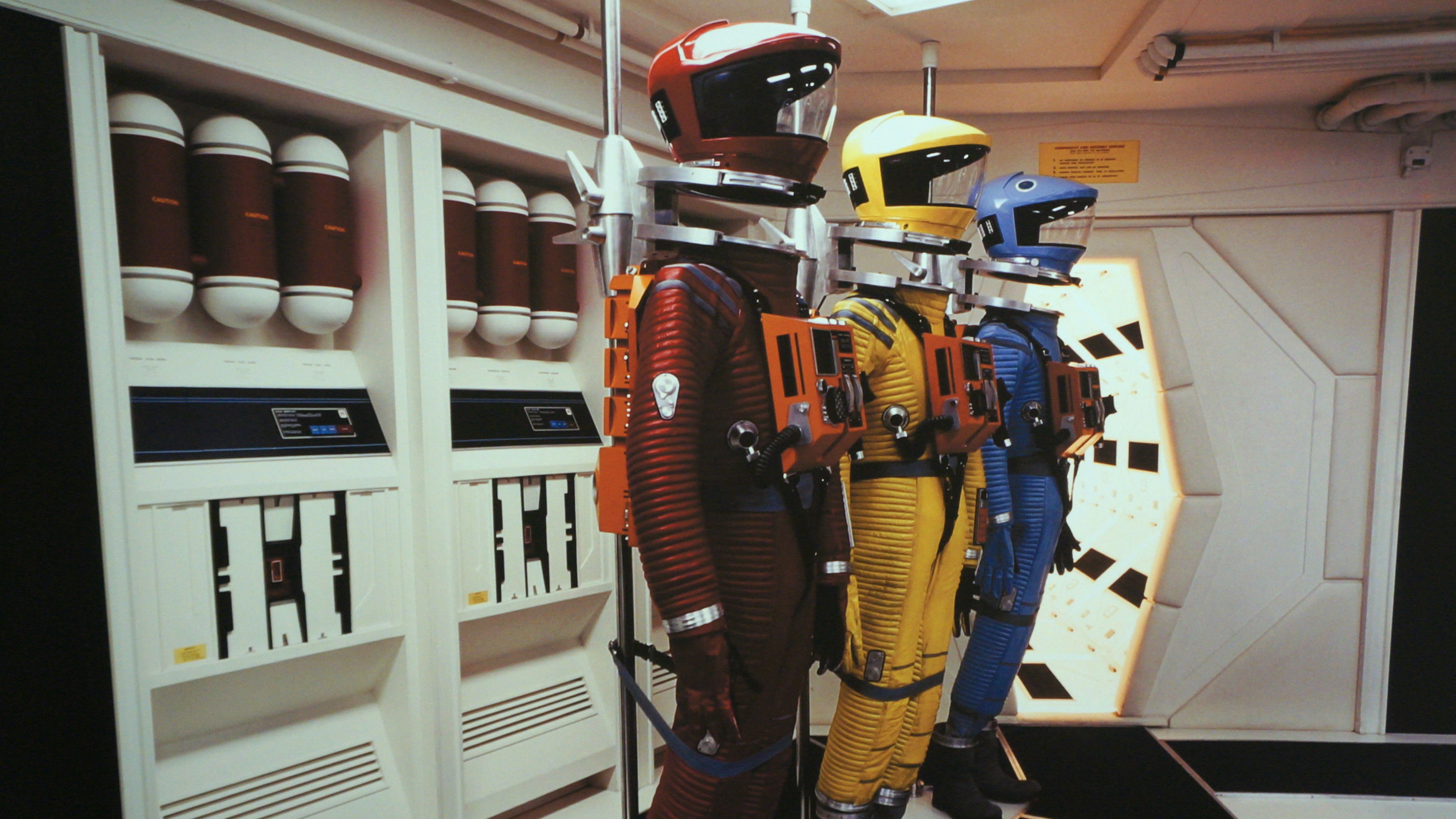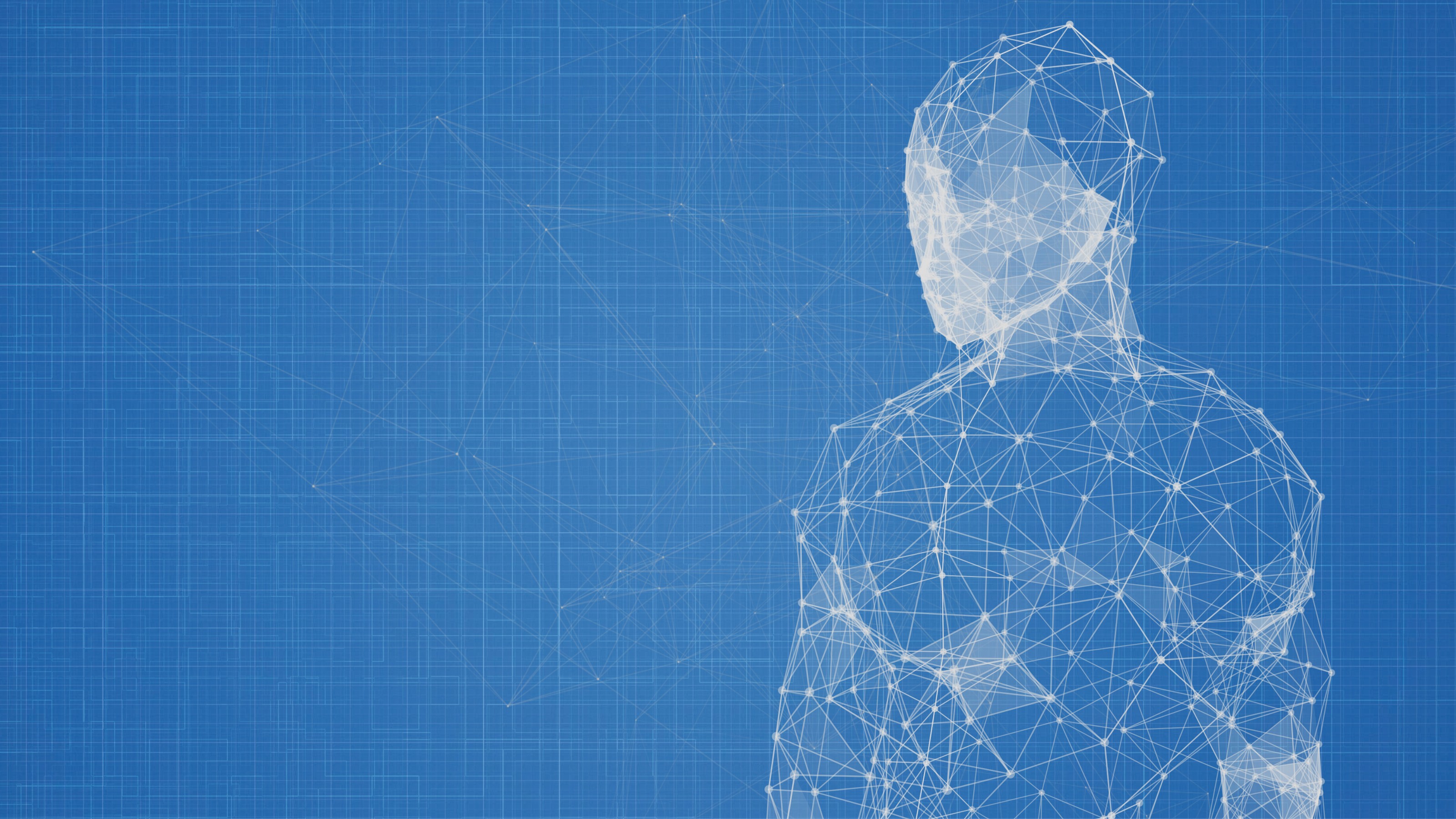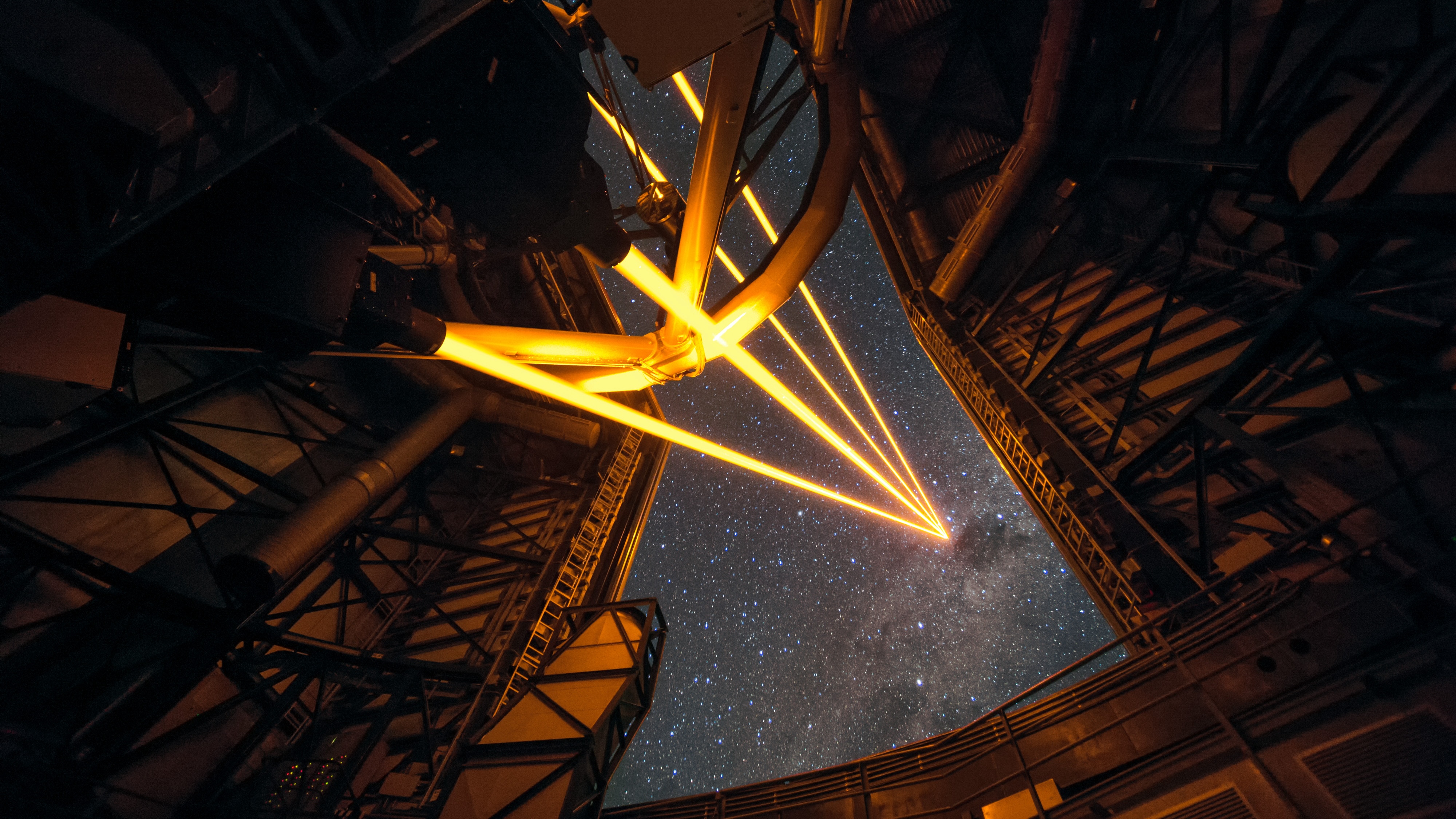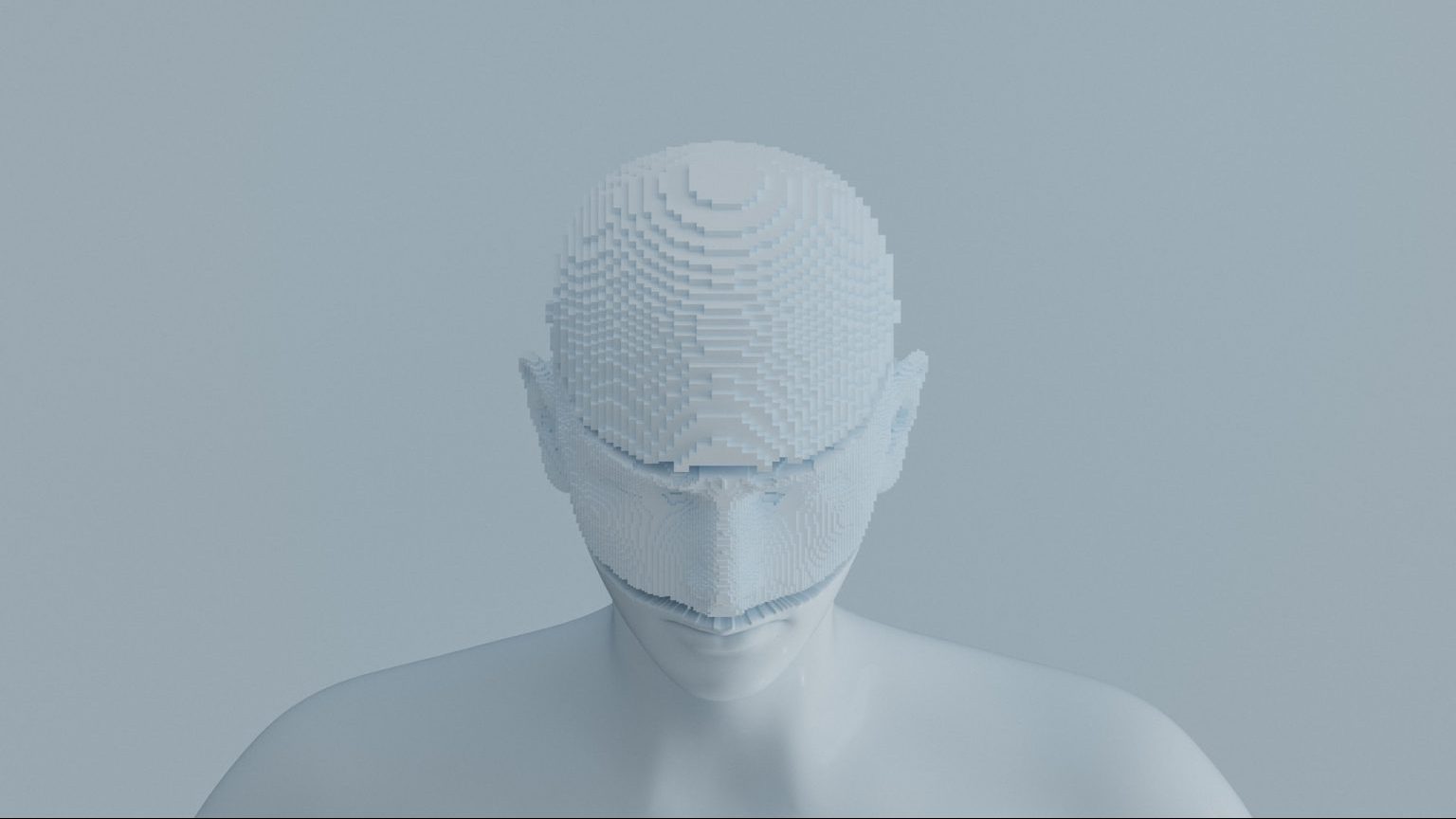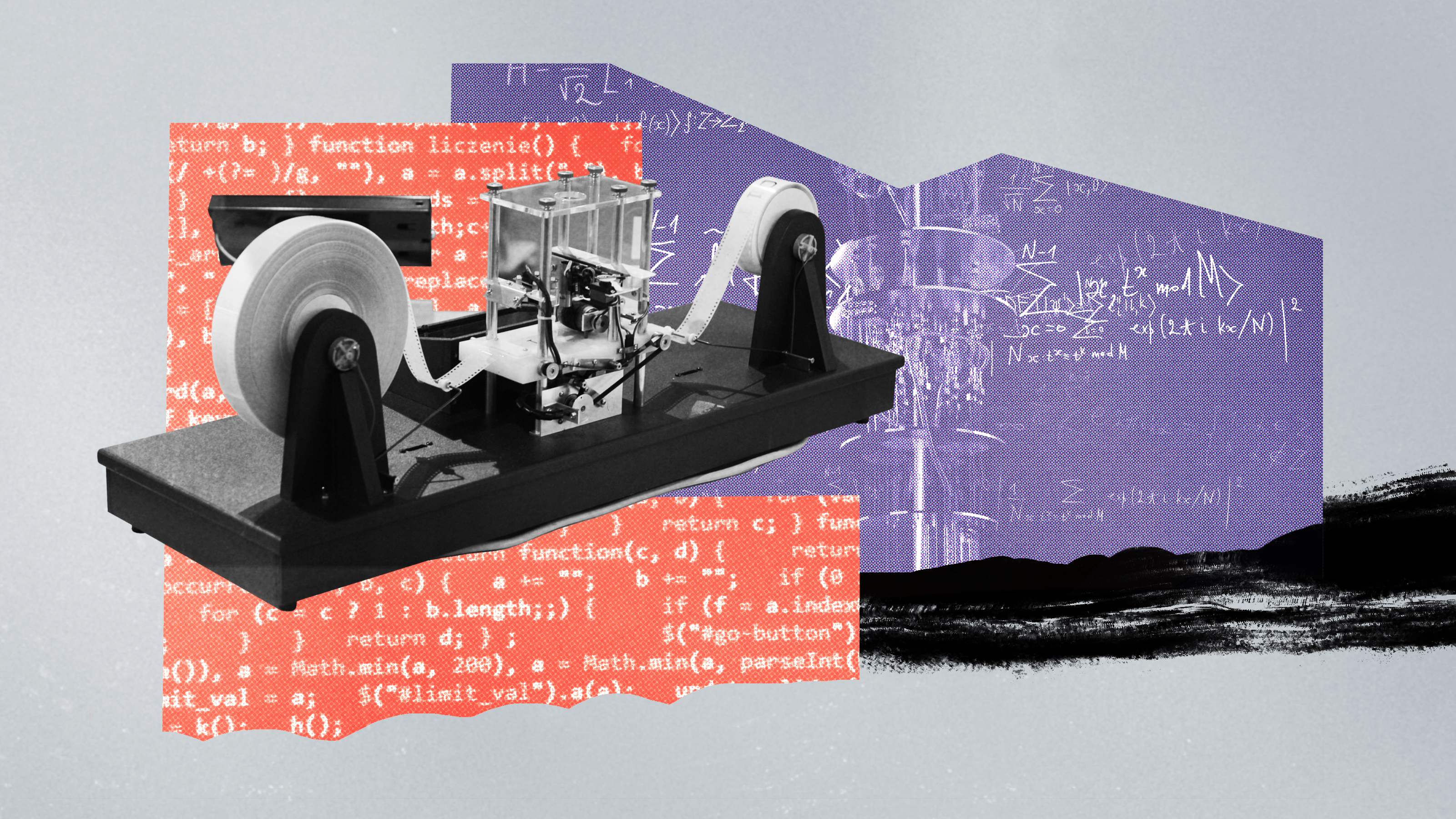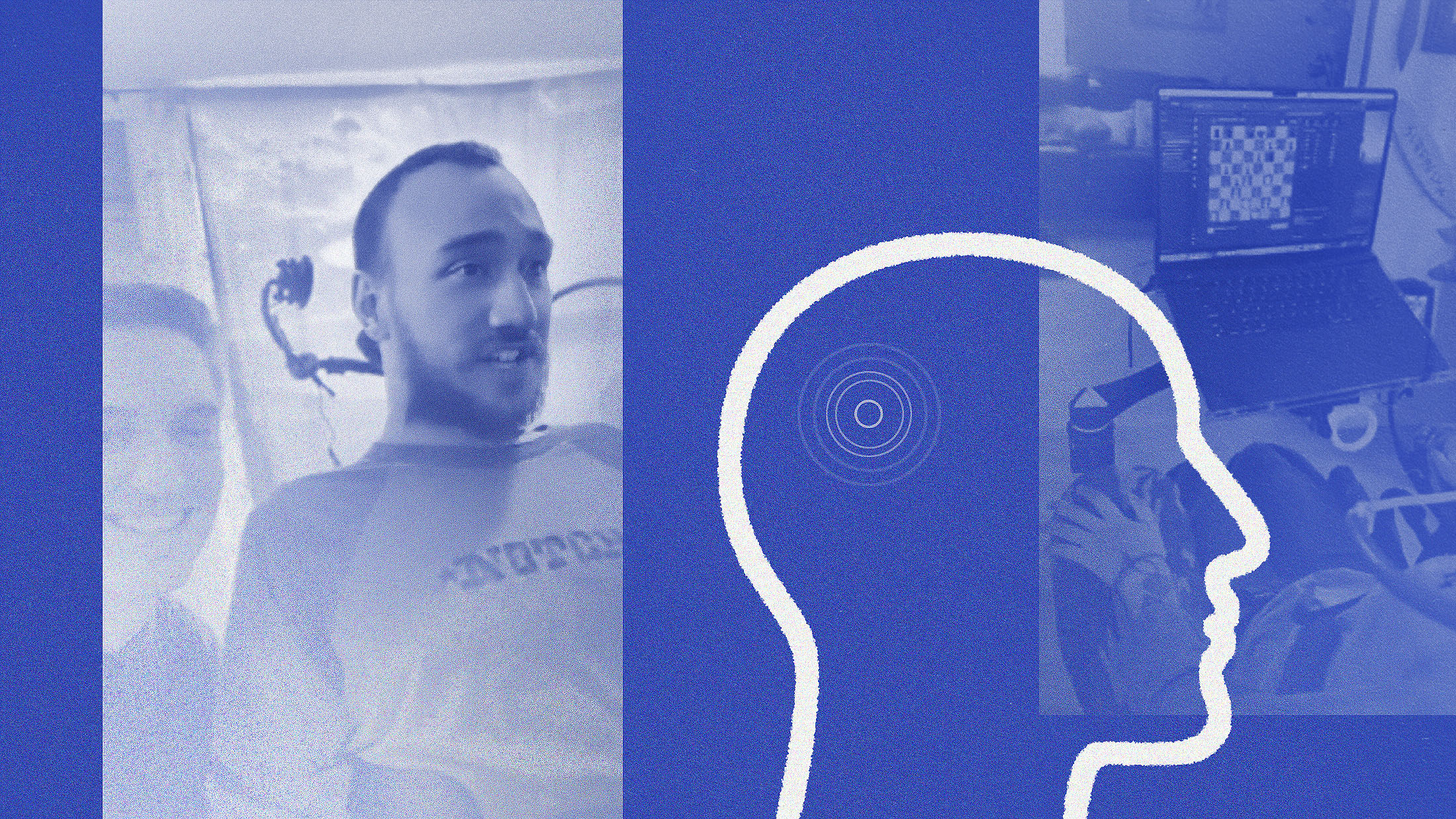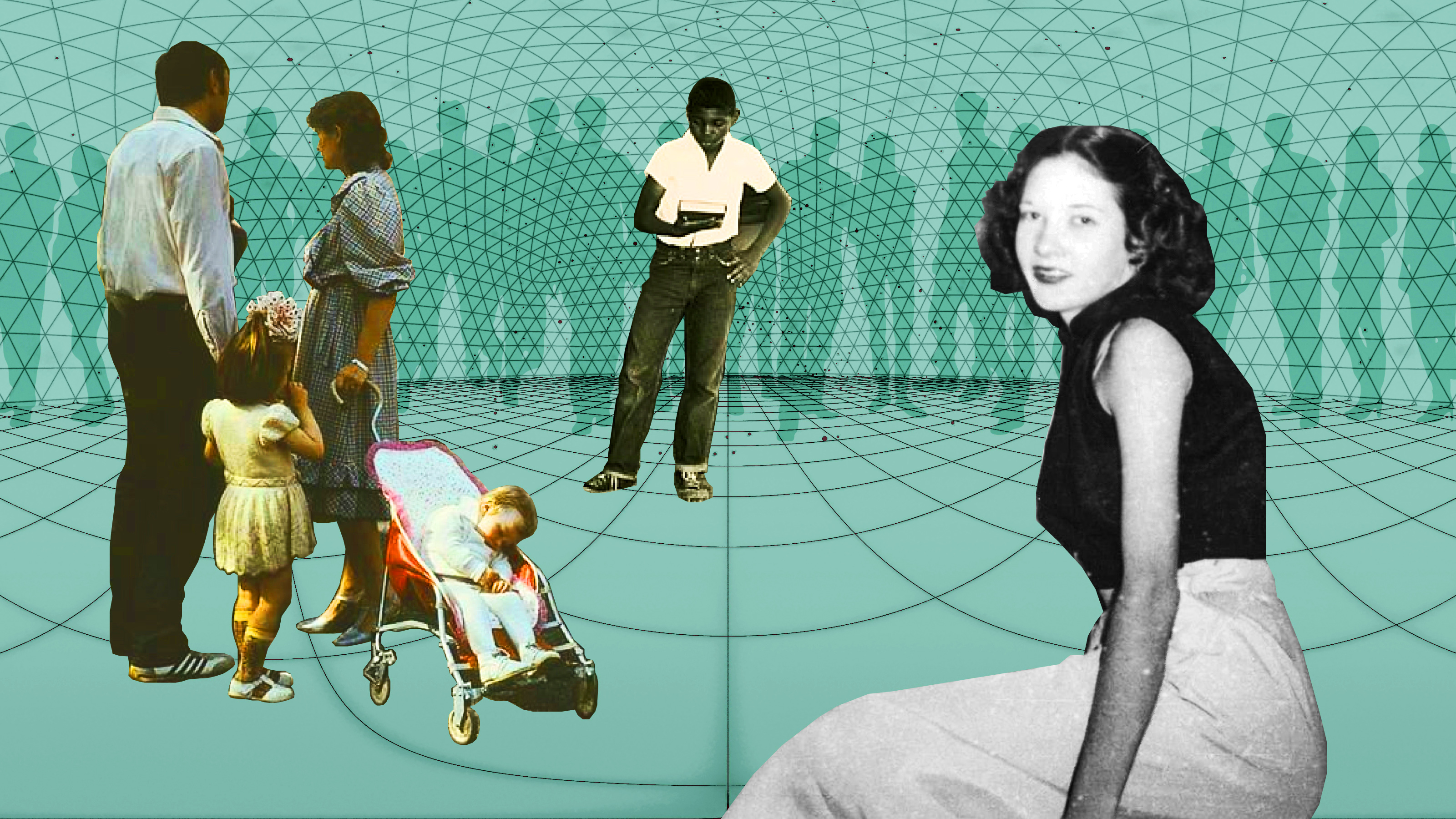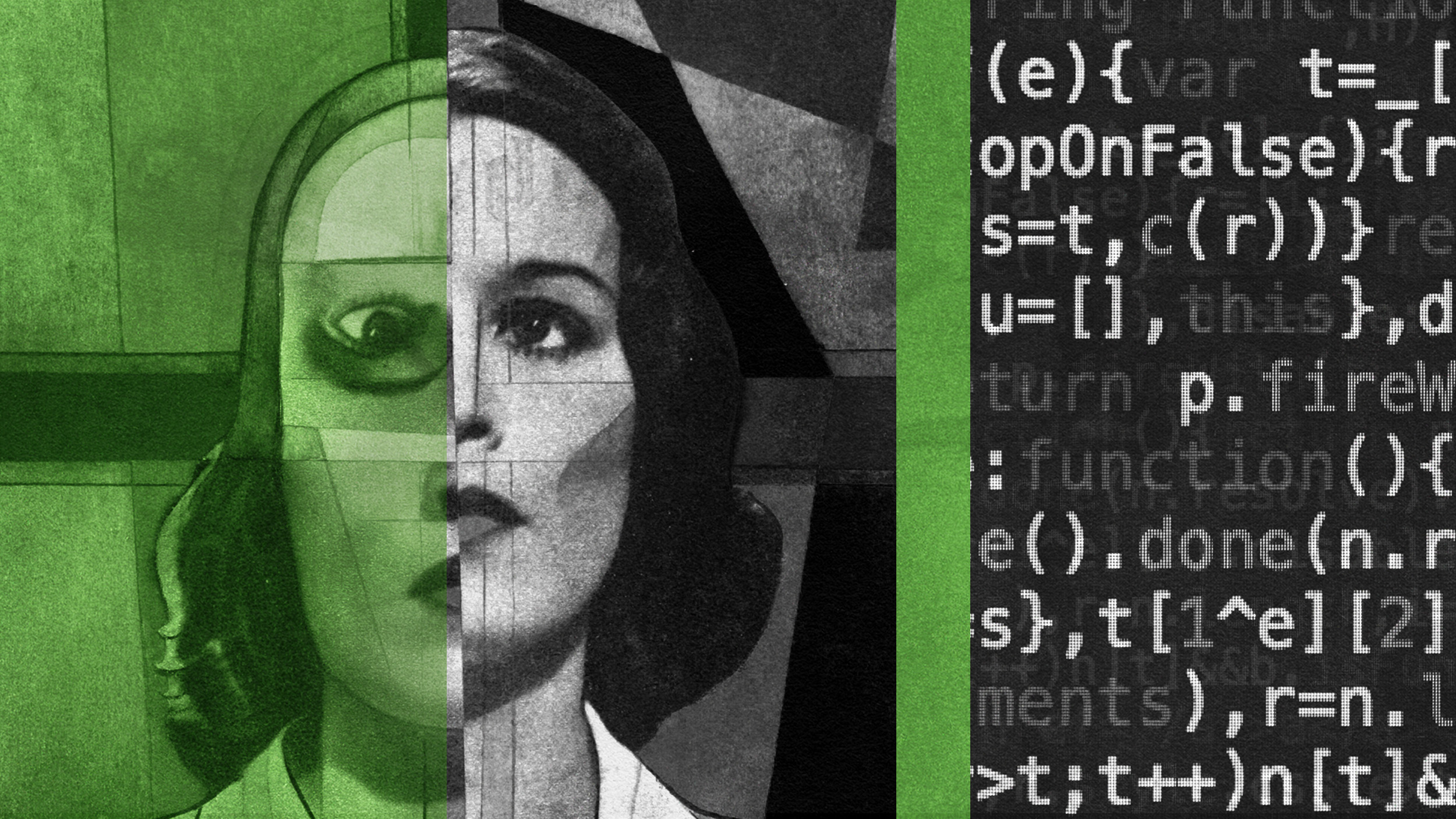Analog could serve as “always-on” computing, while digital is turned on only when necessary.
Search Results
You searched for: Computers
Theoretical physics professor Michio Kaku outlines the evolution of computers from analog to digital and introduces quantum computers as the next frontier.
▸
11 min
—
with
Can quantum computers do things that standard, classical computers can’t? No. But if they can calculate faster, that’s quantum supremacy.
Alan Turing and Christopher Strachey created a ground-breaking computer program that allowed them to express affection vicariously when so doing publicly, as gay men, was criminal.
Nature may not allow us full access to the weirdness of quantum mechanics.
Here in the 21st century, quantum computing is quickly going from a dream to a reality. But what’s hype, and what’s actually true?
The brain-computer interface will be tested in a six-year trial in patients with quadriplegia.
It could perform a speech recognition task with 78% accuracy.
Our “embodied minds” suggest an eventual escape from mortality via computer is unlikely.
“You’re not meant to understand what I just said, because I don’t understand what I just said…” Physicist Brian Cox on one of the most complex theories in space science.
▸
7 min
—
with
33 years ago, the theoretical biologist Robert Rosen offered an answer to the question “Is life computable?”
The science fiction dream of a traversable wormhole is no closer to reality, despite a quantum computer’s suggestive simulation.
Cognitive psychologist and poet Keith Holyoak explores whether artificial intelligence could ever achieve poetic authenticity.
What if AI could tell us we have cancer before we show a single symptom? Steve Quake, head of science at the Chan Zuckerberg Initiative, explains how AI can revolutionize science.
▸
5 min
—
with
Neuroscientist Christof Koch on human minds, AI, and bacteria.
It’s knowledgeable, confident, and behaves human-like in many ways. But it’s not magic that powers AI though; it’s just math and data.
The evolution of quantum technology is far from over.
Philosophy is often seen as little more than armchair speculation. This is a shame, as philosophy often has helped science reach new heights.
How World War II codebreaker Alan Turing invented modern AI.
▸
6 min
—
with
Science fiction movies capture a classic human flaw: getting the future mostly wrong.
The future of healthcare may bring powerful collaborations between AI and medical professionals.
Frontier, the ORNL supercomputer, used machine learning to perform 9.95 quintillion calculations per second.
Lasers, mirrors, and computational advances can all work together to push ground-based astronomy past the limits of our atmosphere.
Brain-computer interfaces could enable people with locked-in syndrome and other conditions to “speak.”
Computers are growing more powerful and more capable, but everything has limits
It will be immensely difficult for the Bitcoin and Ethereum blockchains to protect their competitive edge if they do not pursue a radical change.
If you guessed “staying up all night to play video games,” you’d be right.
Physicists have increasingly begun to view life as information-processing “states of matter” that require special consideration.
The simulation hypothesis is fun to talk about, but believing it requires an act of faith.
“How long someone thinks about [a] problem is a really good proxy of how humans behave.”

